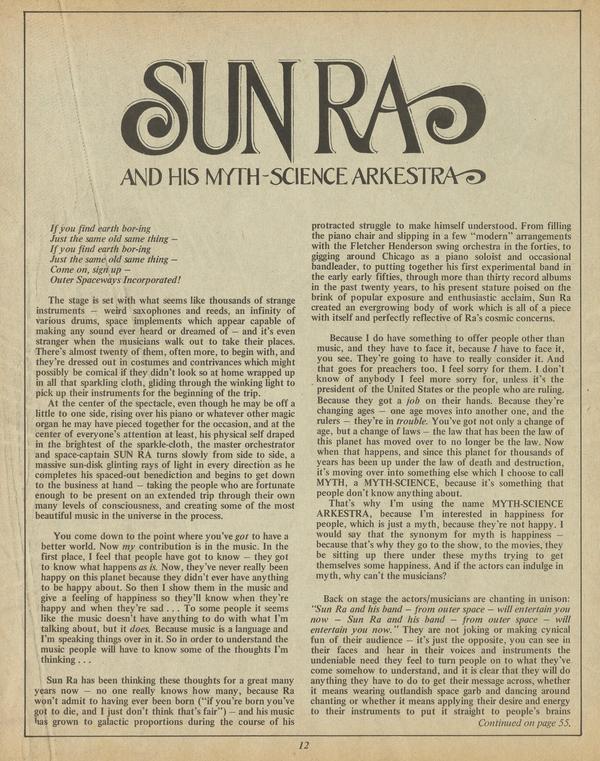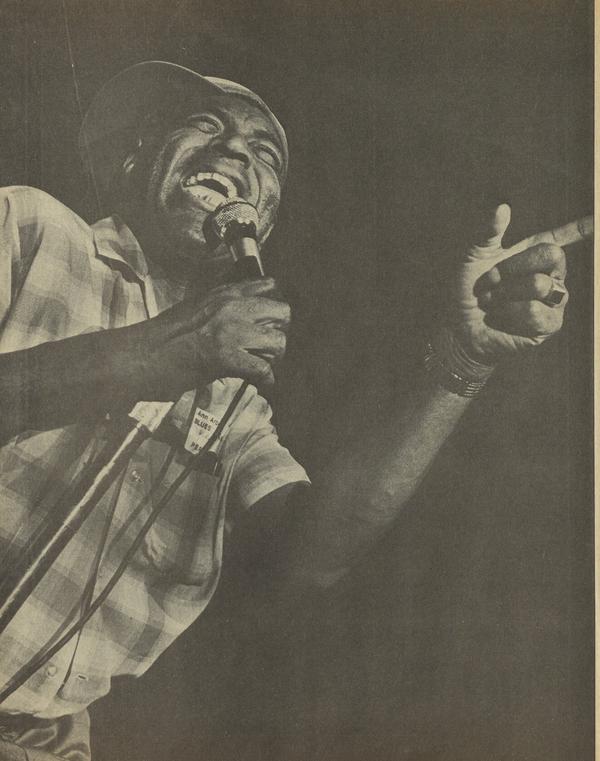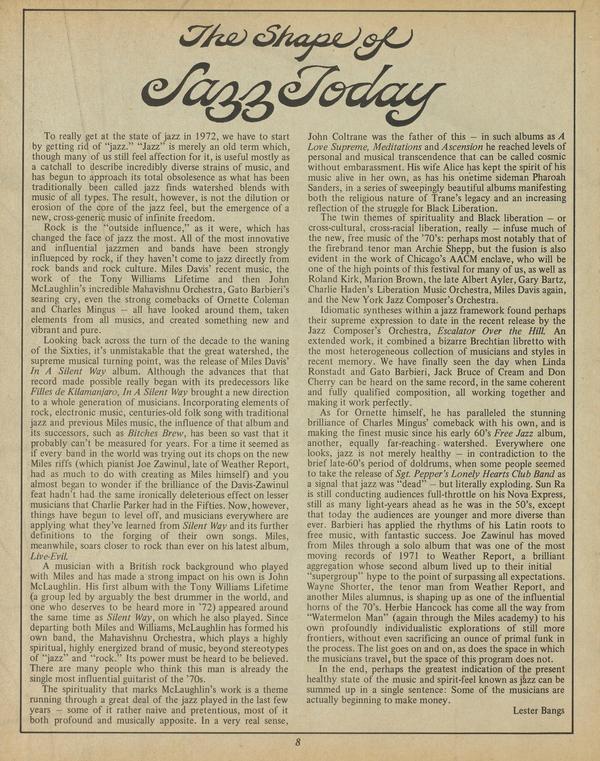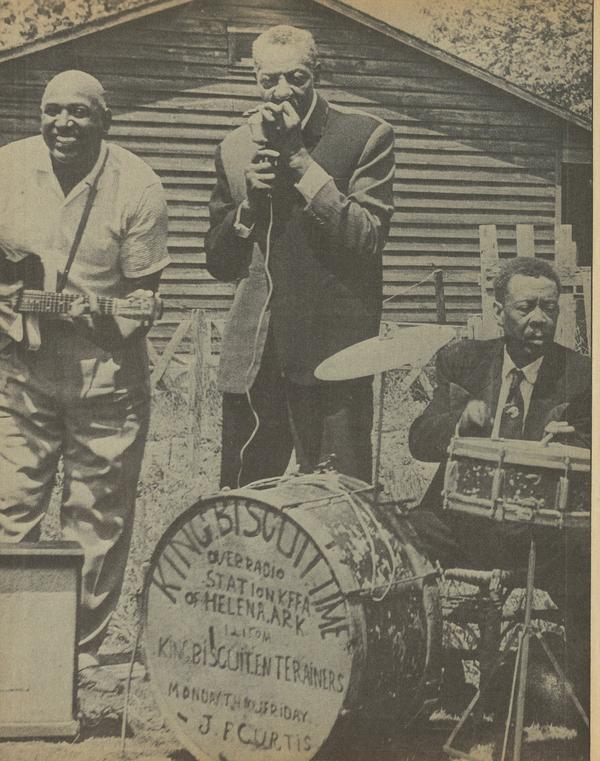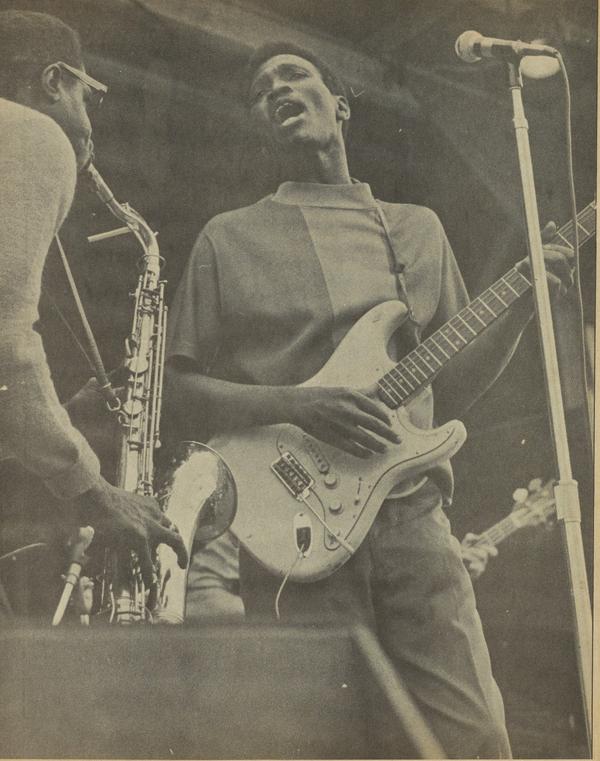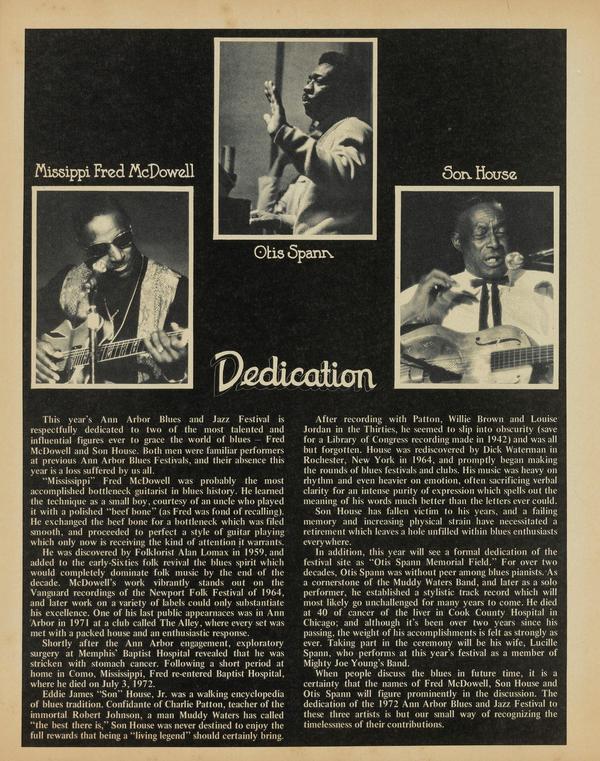Seigal-Schwall BLUES BAND
The Siegel-Schwall alignment was one of the first white bands — along, of course, with Paul Butterfield — to bridge the gap between the older bluesmen and the emerging young audience.


I first saw the Siegel-Schwall Band at the club 47 in Cambridge, a smallerthan-stuffy basement hole that helped change the entire complexion of music on the East Coast in the early-mid Sixties. As a high school student going through the initial phase of my formal blues training, I eagerly soaked up whatever influences passed through town. And I knew about the SiegelSchwall Band long before I saw them perform.
The Siegel-Schwall alignment was one of the first white bands — along, of course, with Paul Butterfield — to bridge the gap between the older bluesmen and the emerging young audience. More than that, though, they were (and are) one of the finest blues bands this country has produced period. People would walk out of their gigs with jaws at knee level, mumbling about how they couldn’t believe the sounds that Jim Schwall wrenched from that beat-up guitar and tiny amplifier. Likewise Corky Siegel, blowing a nasty harp from behind shades and a piano. The group quickly attracted a small but devoted following, which helped sustain them through four fine albums on Vanguard.


